Watercircle ‘t Hof Bellewaerde
A campsite without sewage and water pipes
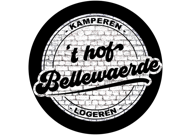

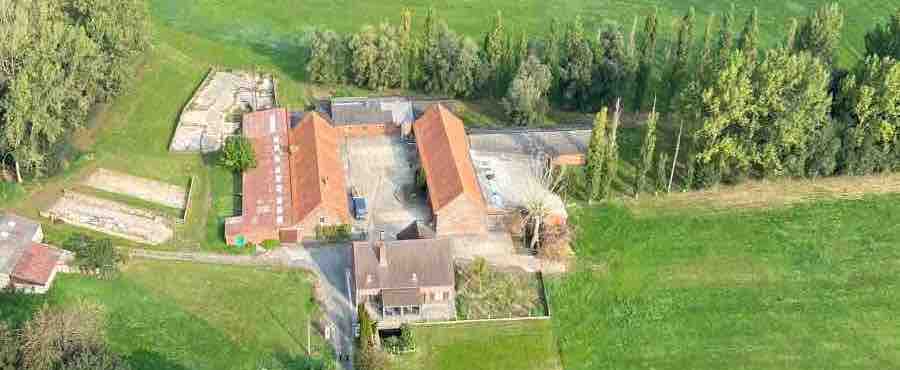
There is no connection to the drinking water network or to a sewerage system at nature camping site 't Hof Bellewaerde. So in terms of water and waste water, the campsite is completely off-grid. However, camping guests need water for showers, washing machine, flushing toilets, washing dishes, cooking and making coffee.
This means all the drinking water needs to be produced locally. Also all the waste water produced, remains on site and is treated in a nature based solution. In fact, the treated waste water is used for flushing the toilets.
Renée and Koen have enlisted the help of Rietland and De Watergroep for this. This project was realized in part thanks to subsidies from Circular Flanders and from Europe, for the monitoring of waste water up to 2024 through the Multi Source project.
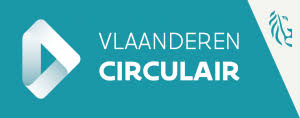

The drinking water ...
In addition to supplying drinking water via the central drinking water network, De Watergroep wants to focus on sustainable and decentralized (drinking) water supply, for both private individuals and industrial companies. For this purpose, per case study, the available water sources are investigated and which technology is necessary to produce the desired water quality. At camping 't Hof Bellewaerde, the natural pond water is used for local drinking water production. The chosen treatment technology consists of multiple pre-filters and nanofiltration, followed by LED UV. De Watergroep closely monitors the chemical, physical and microbiological quality, in order to be able to guarantee drinking water quality on a continuous basis.
In addition, in collaboration with Rietland, research is done, whether the purified gray waste water (from the Phytoparking) can also be used as a water source for drinking water production at times the water availability in the pond is insufficient. In this way, local drinking water production can emerge in a sustainable and robust manner.
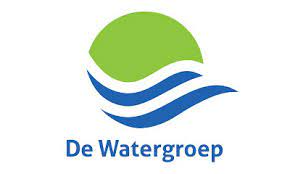
The waste water ...
Rietland installs natural treatment systems on location. At nature camping site 't Hof Bellewaerde, the Phytoparking has been chosen. On this archaeological site, excavations can only take place inside existing buildings. For the same reason, the top layer of the natural purification consists of gravel instead of turf grids.
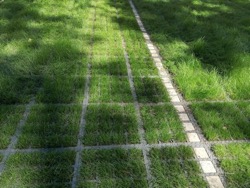
The big advantage of the Phytoparking is that it consumes little energy and that the space is used multifunctionally: wastewater treatment below ground + parking above ground.
The treated waste water can be reused on site, reducing drinking water consumption. In collaboration with De Watergroep, research is done to whether the treated gray waste water (eg showers and dishes) can be upgraded to drinking water so that it can be used in the summer if the pond's rainwater supply is insufficient.
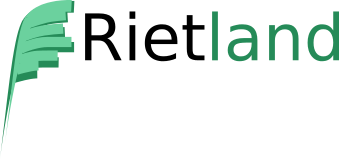
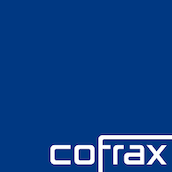
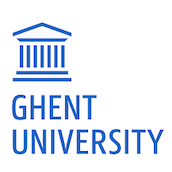
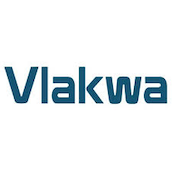
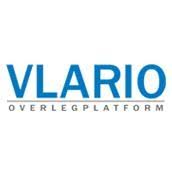
Vooruitgangstraat 189
1030 Brussel
Belgium
+32 2 238 96 99
Van Aertselaerstraat 70
2322 Minderhout
Belgium
+32 3 294 02 65